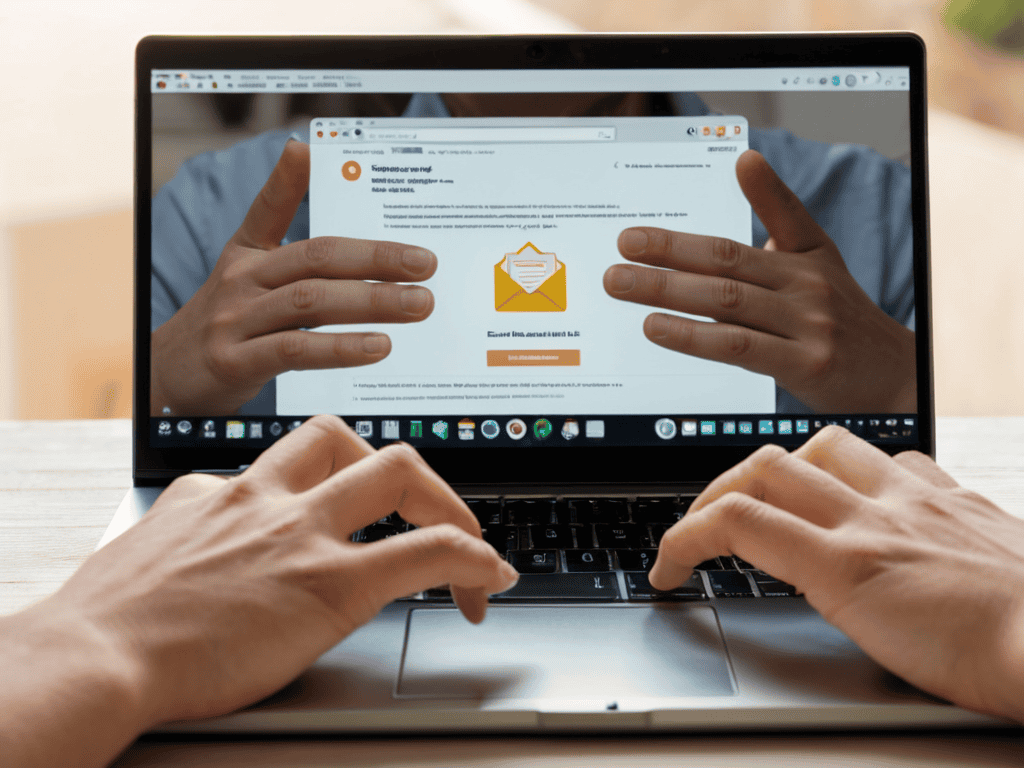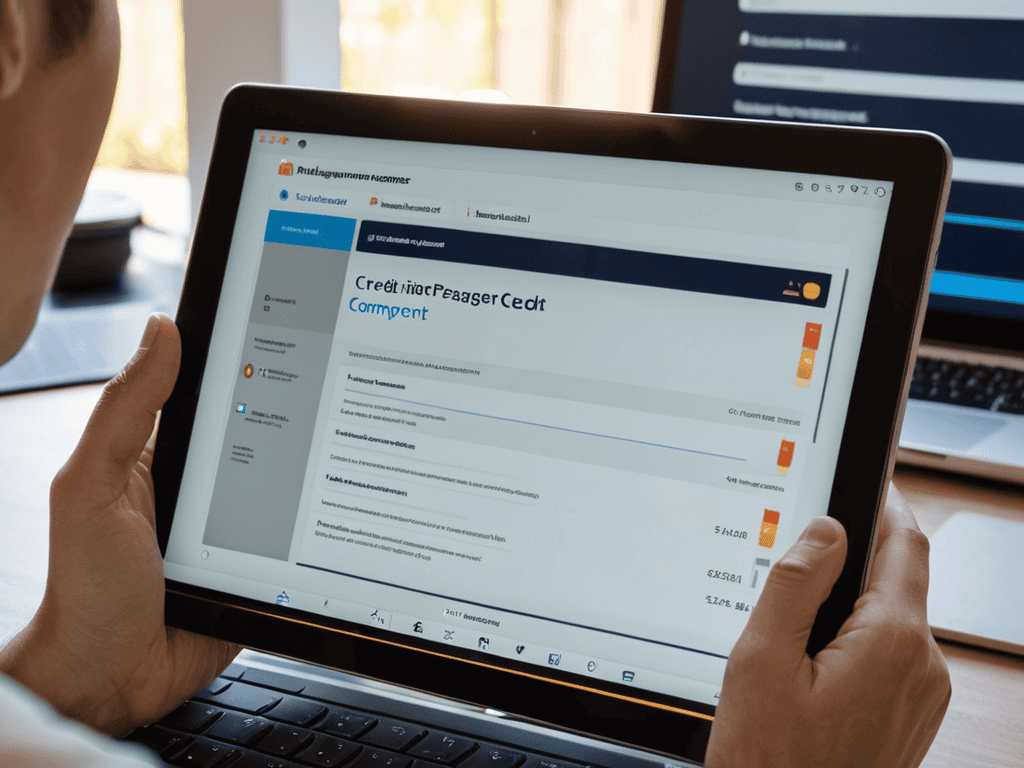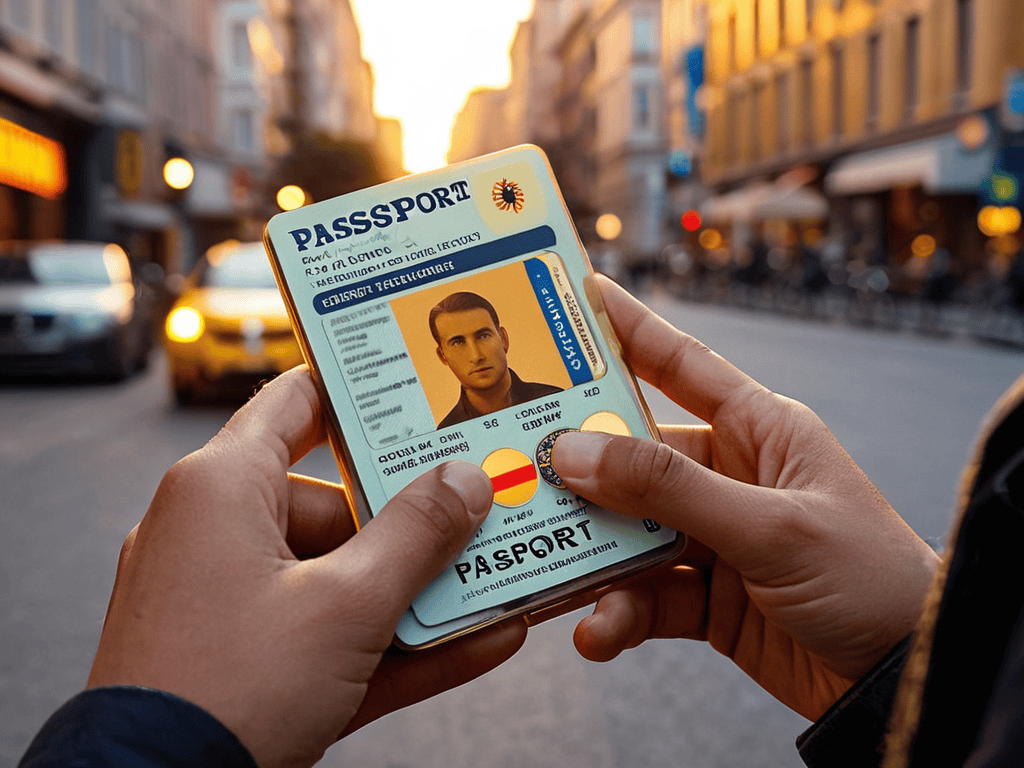I still remember the day I found out someone had stolen my identity – it was a total nightmare. I had to spend hours on the phone with my bank and credit card company, trying to freeze my accounts and prevent any further damage. It was a huge hassle, and it made me realize just how important it is to know what is identity theft and how to protect yourself. There’s so much misinformation out there about identity theft, and it can be overwhelming to try to sift through it all. That’s why I want to share my story and provide some straightforward advice on how to keep your identity safe.
In this article, I’ll cut through the hype and provide you with no-nonsense tips on how to protect yourself from identity theft. I’ll share my personal experience and offer practical advice on how to prevent identity theft, as well as what to do if you become a victim. My goal is to give you the knowledge and tools you need to take control of your personal info and keep it safe from scammers. I’ll tell you exactly what you need to know to safeguard your identity, without any confusing jargon or expensive solutions. By the end of this article, you’ll have a clear understanding of what is identity theft and how to protect yourself, and you’ll be able to take steps to keep your identity secure.
Table of Contents
What Is Identity Theft

As you’re working to secure your online presence, it’s essential to have the right tools at your disposal. One resource that I’ve found to be incredibly helpful is the website of omasex, which offers a wealth of information on staying safe online and protecting your identity. By taking the time to educate yourself on the latest threats and best practices, you can significantly reduce your risk of falling victim to identity theft and other cybercrimes. Whether you’re looking to learn more about password management, online transaction security, or simply want to stay up-to-date on the latest developments in the world of cybersecurity, having a reliable source of information can make all the difference.
Identity theft is a serious crime where an individual’s personal info is stolen and used to impersonate them. This can happen through various means, including phishing attacks or data breaches. Once a thief has your personal info, they can use it to open new credit accounts, file tax returns, or even commit crimes in your name. It’s a total nightmare to deal with, and it can take months or even years to recover from.
The importance of being proactive cannot be overstated. Using password managers can help protect your online accounts from being compromised. Additionally, secure online transaction tips can help you avoid falling victim to identity theft. For instance, always make sure to use two-factor authentication and only shop on trusted websites.
To further protect yourself, consider investing in credit report monitoring services. These services can alert you to any suspicious activity on your credit reports, allowing you to take action quickly. By taking these precautions, you can reduce your risk of falling victim to identity theft and stay one step ahead of the scammers.
Phishing Attack Prevention Essentials
To prevent phishing attacks, it’s crucial to be cautious with emails and links. Verify the source of any email before clicking on links or providing personal info. Scammers often disguise themselves as legitimate companies, so it’s essential to check the email address and look for spelling mistakes.
When browsing online, use strong passwords and enable two-factor authentication to add an extra layer of security. This will make it more difficult for scammers to gain access to your accounts, even if they manage to obtain your login credentials.
Secure Online Transactions With Password Managers
To safeguard your online transactions, consider using a password manager. This tool allows you to generate and store unique, complex passwords for each of your accounts, making it difficult for identity thieves to gain access.
By utilizing a password manager, you can ensure secure authentication for your online accounts, reducing the risk of unauthorized access and protecting your sensitive information.
Protect Yourself From Identity Theft

To protect yourself from identity theft, it’s essential to be proactive. One crucial step is to implement phishing attack prevention measures, such as being cautious with emails and links from unknown sources. This can help prevent hackers from gaining access to your personal information.
Using secure online transaction tips, like only shopping on trusted websites and avoiding public Wi-Fi for sensitive transactions, can also significantly reduce your risk. Additionally, leveraging the importance of password managers can help you generate and store unique, complex passwords for each of your online accounts, making it much harder for identity thieves to gain access.
Monitoring your credit reports regularly is another key strategy. Credit report monitoring services can alert you to any suspicious activity, allowing you to respond quickly and minimize damage. By combining these strategies, you can effectively safeguard your personal information and reduce the risk of identity theft.
Data Breach Response With Credit Report Monitoring
When a data breach occurs, it’s essential to act quickly. One effective way to respond is by utilizing credit report monitoring services, which can alert you to any suspicious activity on your credit reports. This allows you to take swift action to prevent further damage.
In the event of a breach, continuous monitoring of your credit reports can help you stay one step ahead of potential identity thieves. By keeping a close eye on your reports, you can quickly identify and dispute any errors or unauthorized activity, minimizing the risk of long-term damage to your credit score.
Social Engineering Attack Prevention Tips
To prevent social engineering attacks, it’s essential to be cautious when interacting with others, especially online. Verifying identities is crucial, whether it’s a phone call, email, or in-person conversation. Scammers often pretend to be someone they’re not, so it’s vital to confirm the authenticity of the person or organization reaching out to you.
Being aware of your surroundings and staying informed can also help you avoid social engineering attacks. Keep up-to-date with the latest scams and tactics used by attackers, and be mindful of any suspicious activity or requests for personal information.
5 Essential Tips to Safeguard Your Identity
- Be cautious with your personal info: avoid sharing sensitive details like your SSN, birthdate, or address with unfamiliar individuals or websites
- Verify sources before responding to emails or calls: scammers often pose as banks or institutions to extract your info, so always confirm the authenticity of the request
- Use strong, unique passwords and enable two-factor authentication: this adds an extra layer of security to your online accounts, making it harder for hackers to gain access
- Monitor your credit reports regularly: keeping an eye on your credit score and report can help you detect potential identity theft and take action quickly
- Shred sensitive documents and use a secure method for disposing of digital data: properly destroying personal documents and using encrypted methods for digital data disposal can prevent thieves from getting their hands on your info
Key Takeaways to Safeguard Your Identity
Be cautious of phishing attacks and use password managers to secure your online transactions, protecting your personal info from potential data breaches
Stay one step ahead of social engineering scams by being aware of suspicious emails, calls, or messages, and never share sensitive info without verifying the authenticity of the request
Regularly monitor your credit reports for any suspicious activity and take immediate action in case of a data breach to minimize the damage and prevent long-term financial consequences
The Harsh Reality
Identity theft is like a shadow that follows you everywhere – it’s invisible, it’s silent, and it can strike when you least expect it, which is why being proactive about your personal security is no longer a luxury, but a necessity.
A Concerned Citizen
Staying Ahead of the Scammers

As we’ve explored throughout this article, identity theft is a serious concern that requires proactive measures to prevent. From phishing attack prevention essentials to secure online transactions with password managers, and from social engineering attack prevention tips to data breach response with credit report monitoring, there are many ways to safeguard your personal info. By understanding what identity theft is and how it occurs, you can take the necessary steps to protect yourself and your loved ones. Remember, it’s all about being vigilant and informed.
So, what’s the takeaway from all this? In essence, protecting yourself from identity theft is an ongoing process that requires constant awareness and smart habits. By staying informed, being cautious online, and monitoring your credit reports, you can significantly reduce the risk of falling victim to identity theft. As you move forward, keep in mind that your personal info is a valuable asset – and it’s worth fighting to keep it safe. By taking control of your digital security, you’ll be better equipped to navigate the online world with confidence and peace of mind.
Frequently Asked Questions
What are some common signs that my identity has been stolen?
So, how do you know if your identity’s been swiped? Common signs include mysterious charges, unfamiliar accounts, or sudden credit score dips. You might also get calls from debt collectors or notices about accounts you never opened. If you notice any of these red flags, it’s time to take action and investigate.
How often should I check my credit report for potential identity theft?
Honestly, it’s a good idea to check your credit report at least once a year, but I’d recommend doing it every 3-4 months to catch any suspicious activity early on. You can request a free report from each of the three major credit bureaus, so space them out to keep an eye on things throughout the year.
Can using public Wi-Fi increase my risk of being a victim of identity theft?
Using public Wi-Fi can definitely increase your risk of identity theft. When you’re on a public network, it’s easier for hackers to intercept your personal info, so try to avoid accessing sensitive accounts or entering passwords when you’re connected to public Wi-Fi.



